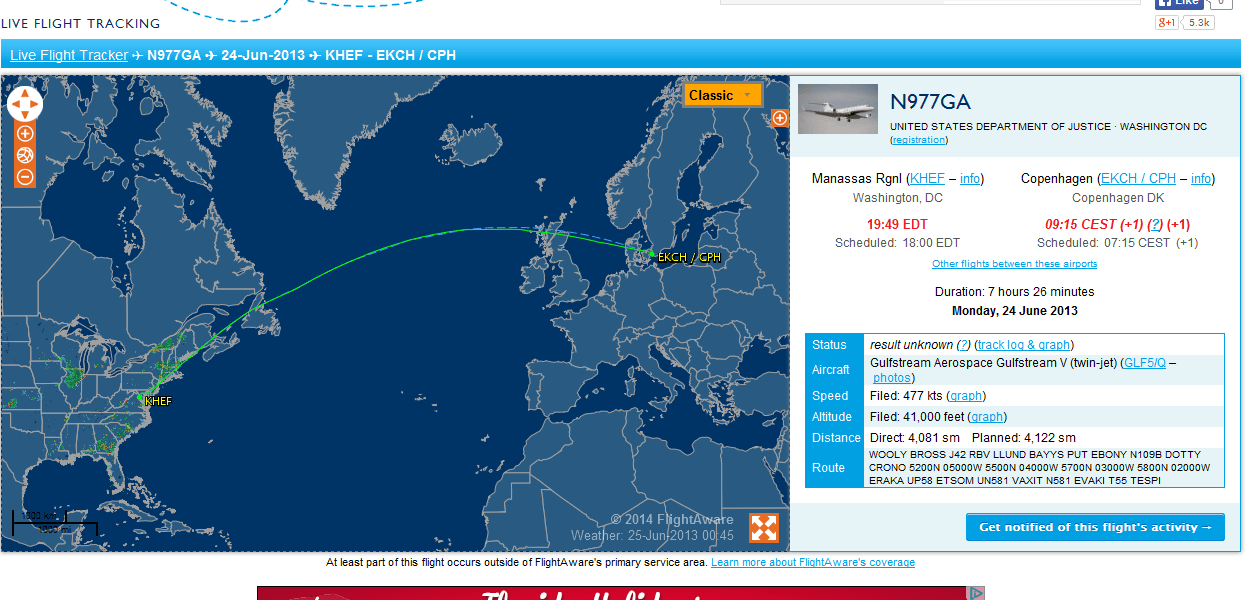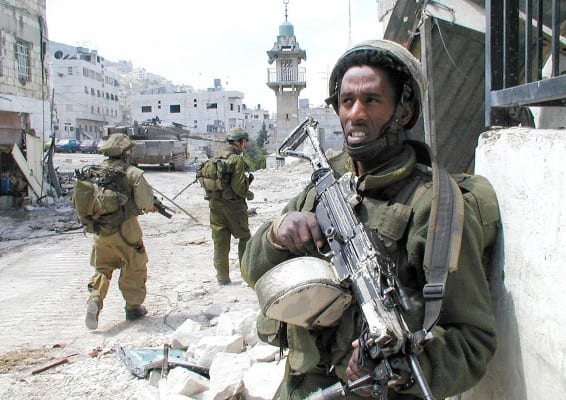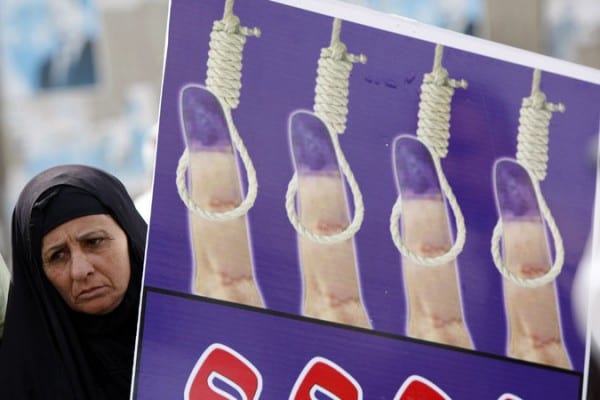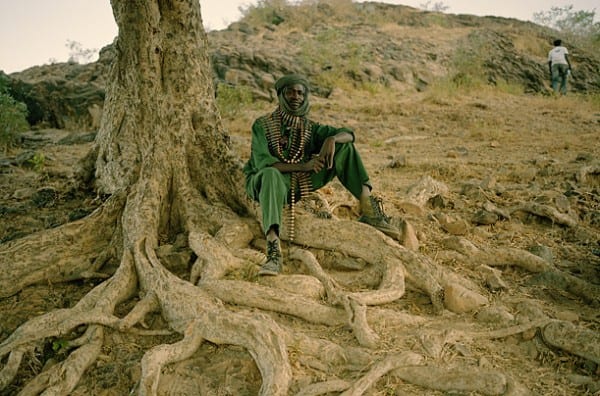CIA rendition jet was waiting in Europe to SNATCH SNOWDEN
Unmarked Gulfstream tracked as it passed above UK
As the whistleblowing NSA sysadmin Edward Snowden made his dramatic escape to Russia a year ago, a secret US government jet – previously employed in CIA “rendition” flights on which terror suspects disappeared into invisible “black” imprisonment – flew into Europe in a bid to spirit him back to America, the Register can reveal.
Mr Snowden, your ride is waiting. Click here for full size.
On the evening of 24 June 2013, as Snowden arrived in Moscow from Hong Kong intending to fly on to Cuba, an unmarked Gulfstream V business jet – tail number N977GA – took off from a quiet commercial airport 30 miles from Washington DC. Manassas Regional Airport discreetly offers its clients “the personal accommodations and amenities you can’t find at commercial airports”.
Early next morning, N977GA was detected heading east over Scotland at the unusually high altitude of 45,000 feet. It had not filed a flight plan, and was flying above the level at which air traffic control reporting is mandatory.
“The plane showed up on our system at 5:20 on 25 June,” according to our source, a member of an internet aircraft-tracking network run by enthusiasts in the UK. “We knew the reputation of this aircraft and what it had done in the past.”
N977GA was not reporting its progress to air-traffic controllers, and thus it would normally have been necessary to use a massive commercial or military radar installation to follow its path. But, even if pilots have turned off automated location data feeds, ordinary enthusiasts equipped with nothing more than suitable radio receivers connected to the internet can measure differences in the time at which an aircraft’s radar transponder signal reaches locations on the ground. Using the technique of multilateration, this information is sufficient to calculate the transponder’s position and so track the aircraft. (The ACMS/ACARS data feeds which automatically report an aircraft’s position are a separate system from the transponder which responds to air-traffic radar pulses. They too can be picked up by receivers on the ground beneath, if they are activated.)
Several such online tracking networks are active in the UK, using this and other sources of information: they include www.flightradar24.com, www.planefinder.net, Planeplotter (www.coaa.co.uk/planeplotter.htm) and www.radarvirtuel.com. UK-based Planeplotter is one of the more sophisticated of these global “virtual radar” systems. It boasts 2,000 members with receivers hooked up to the internet.
The online tracking information reveals that the Gulfstream did not make it all the way to Moscow, but set down and waited at Copenhagen Airport.
Snowden might have found himself sitting in the same seat as Abu Hamza
At the time, Washington was demanding that Moscow should hand over the fleeing Snowden into US custody.
“We expect the Russian government to look at all options available to expel Mr Snowden back to the US to face justice for the crimes with which he is charged,” a National Security Council spokeswoman told reporters. The US also urged countries in the “Western Hemisphere” not to let him in.
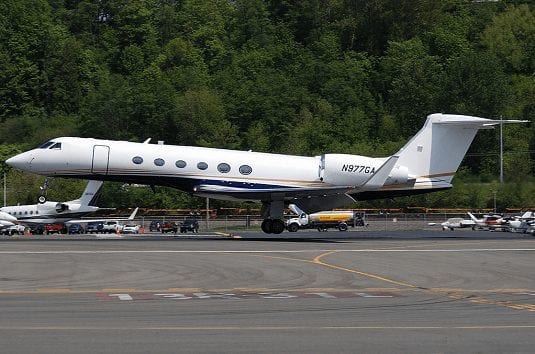
The “black” jet is actually white.
The Kremlin’s response, however, was a big “nyet”. Russia’s Interfax News quoted government sources as saying:
“Snowden has not committed any crimes on Russian territory … Russian law-enforcement agencies have received no instructions through Interpol to detain him. So we have no grounds.”
N977GA has a chequered history. It was originally ordered by the US Air Force for use as a general’s flying gin-palace. But then, shortly after 9/11, it lost its military livery and acquired civilian registration as N596GA. Under that designation it was employed in CIA “renditions” – or kidnappings. In 2011, the “black” jet switched roles again, transferring from the CIA’s contractor to use instead by the Department of Justice (DoJ).
With its new tail number N977GA the plane became part of the Justice Prisoner and Alien Transportation Systems (JPATS), operated by US Marshals. On perhaps its best-known mission, the jet flew a team of marshals into the UK on 5 October 2012 to collect radical cleric Abu Hamza after the USA won an extradition order against him.
Only Vladimir Putin’s intransigence saved Snowden from a similar travel package, complete with free one-way ticket home and fitting for a stylish new orange outfit. Abu Hamza was last seen waving goodbye from a back window on N977GA.
According to Mr Snowden’s colleagues, if the Russians knew that an American team was on its way to bring him home, they did not warn him. In the event the “black” (actually white) Gulfstream and its posse of marshals got no further than Copenhagen as US negotiations with the Kremlin failed to prosper. But Snowden remains in Russia to this day – and potentially for the rest of his life.
The US Department of Justice did not respond to our requests for information regarding N977GA and its purpose in heading to Europe on 24 June last year. ®
